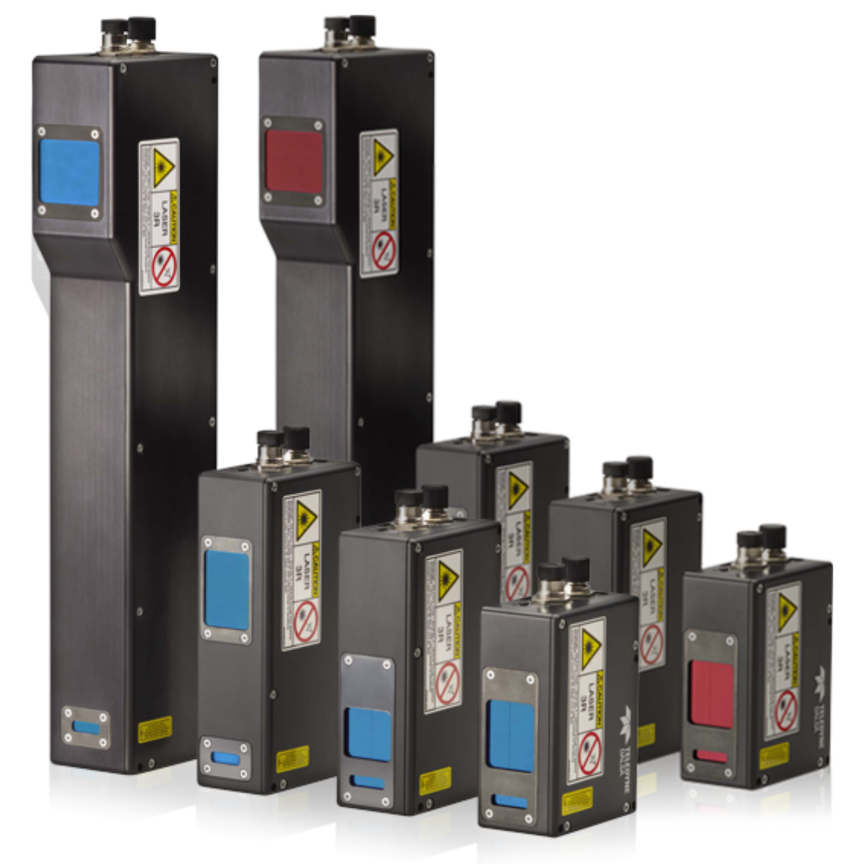Plextek, the Cambridge, UK-based electronics and communications design consultancy, has introduced enhancements to its image processing suite designed to help medical device manufacturers overcome the technical challenges involved in developing Megapixel video solutions for medical applications. These enhancements allow medical device manufacturers to create more affordable, efficient and intelligent high definition (HD) video imaging solutions that are better tailored to individual medical cases.
Standard techniques such as MPEG2 and H.264 fail to address the image compression requirements of medical applications, so Plextek has developed adaptive processing techniques that apply different levels of compression to different parts of an image based on specific parameters. Key information can be retained in high definition within an area of importance; a heart valve for example or specific parts of the image showing certain texture statistics such as those associated with tumours. Other image areas are then compressed to a lower definition. This retains the inherent benefits image compression brings by reducing the overall amount of data being handled while still retaining the key advantages of HD.
For real-time video interaction, system latency can also be a problem. Standard video compression algorithms typically achieve high data compression, but at the expense of processing delay. Making use of HD in medical applications requires real time evaluation and makes control more difficult. Plextek's low latency image compression techniques mitigate latency issues and provide enhanced system performance.
Power consumption is a serious problem for battery-powered equipment as higher resolutions require higher power processing hardware. Battery technology has not kept pace with these requirements so Plextek has developed low power designs that perform pre-processing functions in an efficient manner within the camera itself, saving power and improving performance. By analysing trade-offs across the whole system, Plextek has been able to help medical camera manufacturers successfully minimise the overall energy requirements of video systems.
The massive increase in storage requirements required by HD can also be an expensive problem. This can be addressed by automated, context-sensitive storage schemes that rely on event detection to determine whether a particular sequence of images is useful to store, and can lead to significant savings.

